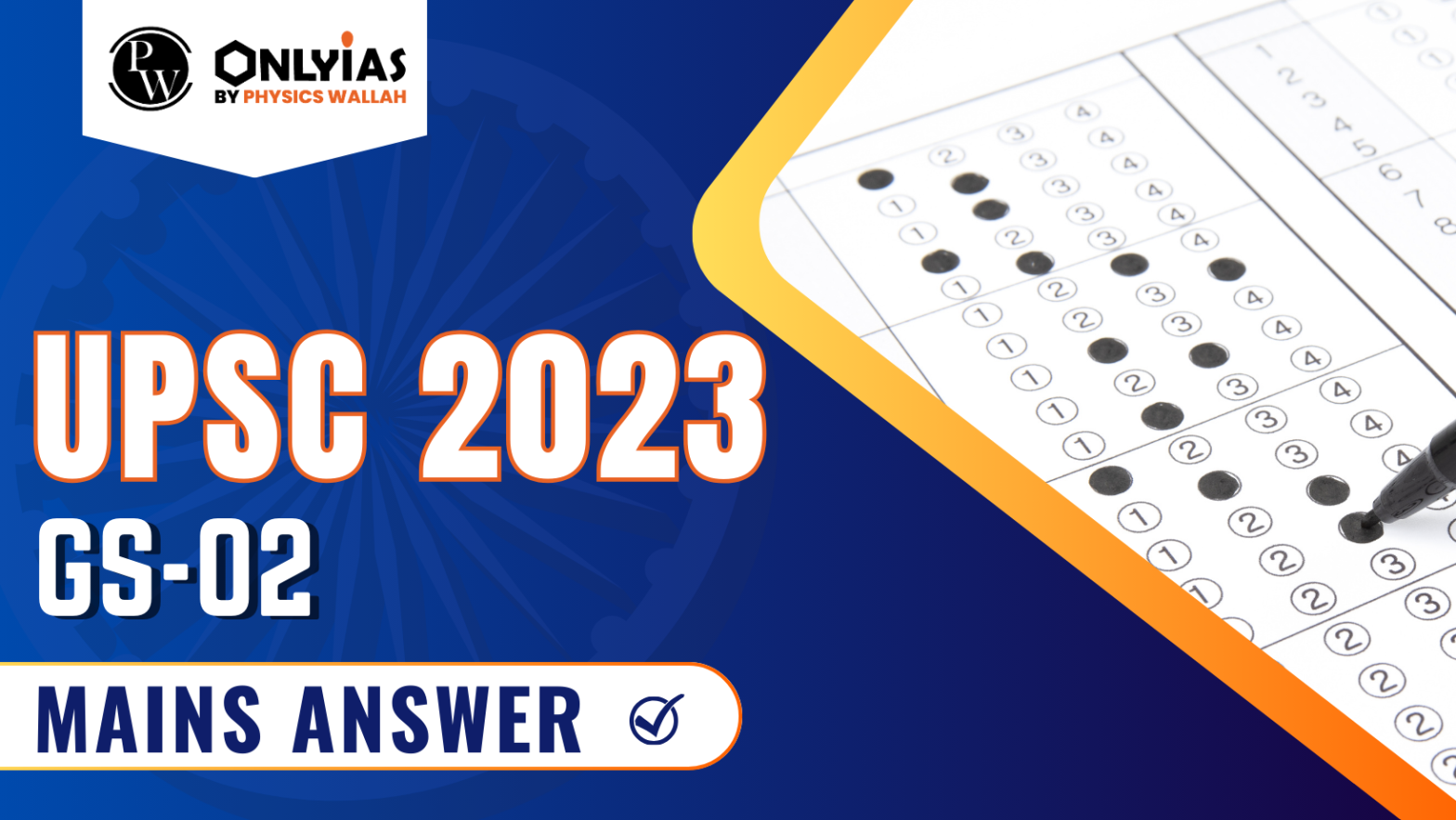Understand the structure of the Parliamentary Committee System in India. Explore the role and impact of financial committees in the institutionalization of the Indian Parliament.

Q16. Explain the structure of the Parliamentary Committee system. How far have the financial committees helped in the institutionalisation of Indian Parliament?
| How to approach the question
Introduction ● Write about the Parliamentary Committee system briefly Body ● Write the structure of the Parliamentary Committee system ● Write how the financial committees helped in the institutionalisation of Indian Parliament ● Write issues faced in this regard ● Write suitable way forward Conclusion ● Give appropriate conclusion in this regard |
Introduction
The Parliamentary Committee system is an essential mechanism in the legislative functioning of Indian democracy. It comprises various committees that are broadly categorized as Standing and Ad Hoc Committees, each playing a pivotal role in the detailed investigation and analysis of legislative proposals, budgets, and other government activities.
Body
Structure of the Parliamentary Committee System
The Role of Financial Committees in the Institutionalisation of the Indian Parliament
Issues Faced in the Institutionalisation of the Indian Parliament
Way Forward
Conclusion
The Parliamentary Committee system remains a cornerstone in enhancing the efficiency, accountability, and inclusivity of the legislative process. However, it is imperative to address the existing challenges to further institutionalize their role. Implementing the suggested way forward would ensure a more robust, transparent, and accountable system that upholds the democratic ethos of the Indian Parliament.
| For a Detailed explanation of the UPSC GS-01 Mains question 2023, click here.
For a Detailed explanation of the UPSC GS-02 Mains question 2023, click here. For a Detailed explanation of the UPSC GS-03 Mains question 2023, click here. For a Detailed explanation of the UPSC GS-04 Mains question 2023, click here. |

<div class="new-fform">
</div>